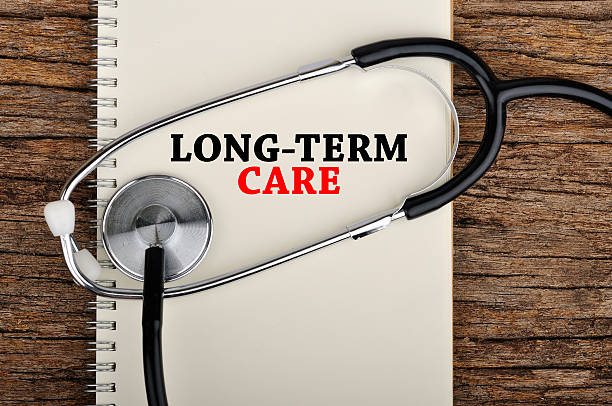Last year, the total spent on health care in the United States was $3.2 trillion. Only ten percent of that spending was on prescription drugs (here), yet many people argue for price controls on drugs. The development of effective pharmaceuticals is extremely expensive and requires up to 15 years to satisfy government regulators.
President Trump campaigned for office saying that Obamacare would be repealed and his administration would lower prescription drug prices. Except for eliminating the tax on the Obamacare individual mandate, Congress has thus far been unable to repeal or reform the Affordable Care Act. The President recently gave a policy speech on lowering drug costs, which followed The White House 2019 budget proposal for reforming drug pricing. (here)
From the WH 2019 budget proposal – “While American innovators bring lifesaving pharmaceutical products to the world, the government and consumers purchase drugs through a system that prevents, rather than fosters price competition through an inefficient, opaque maze of segmented channels and a poorly understood network of pricing schemes.”
The Administration lists measures it has already taken to lower drug costs:
- Increase the FDA approval of generic drugs.
- Decrease Medicare prescription drug costs in the outpatient setting, saving $320 million in co-pays already.
The new proposals include:
- Modernize Medicare Part D.
- Modify Medicare Part B drug payments.
- Test innovative Medicaid drug coverage and financing reform.
- Prevent drug manufacturers from gaming the Medicaid drug rebate program.
- Speed development and FDA approval of generics.
- Address price disparity in international markets.
- Improve 340B Program integrity.
Although price controls on drugs seems like a simple solution to high drug costs, President Trump did not call for pricing limitations. Clearly, the Administration understands the economic reality that price controls on any product will decrease the supply of that product. The pricing of drugs is very complex, but imposing price controls would decrease research and development of new life-saving and life-improving medicines. (here)
Virtually every other industrialized country has some form of government-run health care. These governments contract with drug manufacturers for heavy discounts on prescription pharmaceuticals. Consequently, American consumers pay higher prices for drugs and essentially support the vast majority of pharmaceutical R&D. If patients in the U.S. did not pay these higher prices, new drug R&D would suffer. It will be interesting to see how the Trump Administration addresses price disparity in international markets.
Drug costs are a small part of overall health care spending in the U.S. Yet, streamlining government drug approval, increasing competition in the marketplace, and introducing more patient consumerism would decrease drug prices, just like these measures work in other economic areas.




